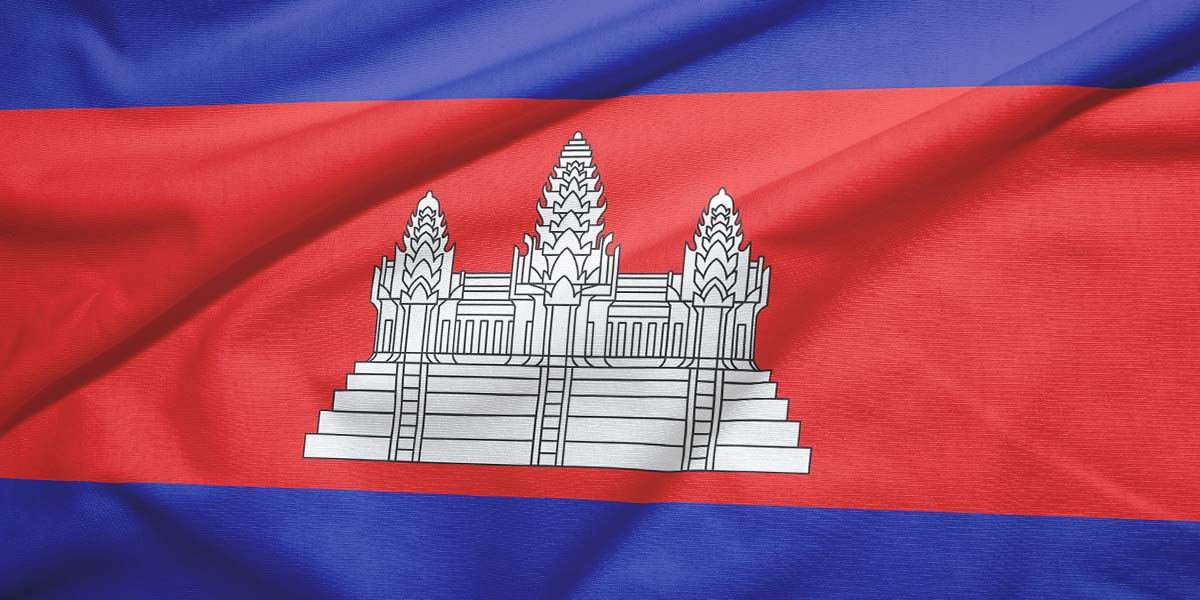Today, Cambodia’s parliament, controlled dominantly by one party, passed a bill that allows the authority to revoke the citizenship of anyone found guilty of conspiring with foreign nations or trying to undermine the nation’s interest.
Cambodia’s National Assembly is currently composed of 125 lawmakers, but only five of them are not from the Cambodian People’s Party (CPP) and did not vote for this bill. The remaining 120 CPP lawmakers are unanimously in favor of this nationality stripping law.
The nation has undergone several changes that discourage any opposition, such as in 2017 when Cambodia’s supreme court banned Cambodia National Rescue Party (CNRP) from participating in political activity, one year before the 2018 election.
With CNRP being banned from the election, Cambodia’s election has turned into an almost one-sided race, with the CPP continuing to win by landslide. Many opposition were also being arrested and charged for committing treason and incitement, while several fled the nation.
Still, fleeing the nation did not guarantee safety as back in January, Lim Kimya, member of CNRP, was killed after arriving in Thailand shortly. Although his alleged killer claimed it was of personal conflict, the CNRP called it an act of assassination.
Among those who fled the nation are CNRP’s co-founders, Sam Rainsy and Mu Sochua, who now live in France and the U.S. Nonetheless, despite being unable to return to his homeland, Rainsy continues to criticize several actions of the CPP and its president, Hun Sen.
The exile opposition is not the only one who made a movement as recently, a coalition of 50 rights groups issued a warning that this new law will affect the freedom of speech and there may be a high possibility of authorities implementing this law abusively due to its vagueness.


